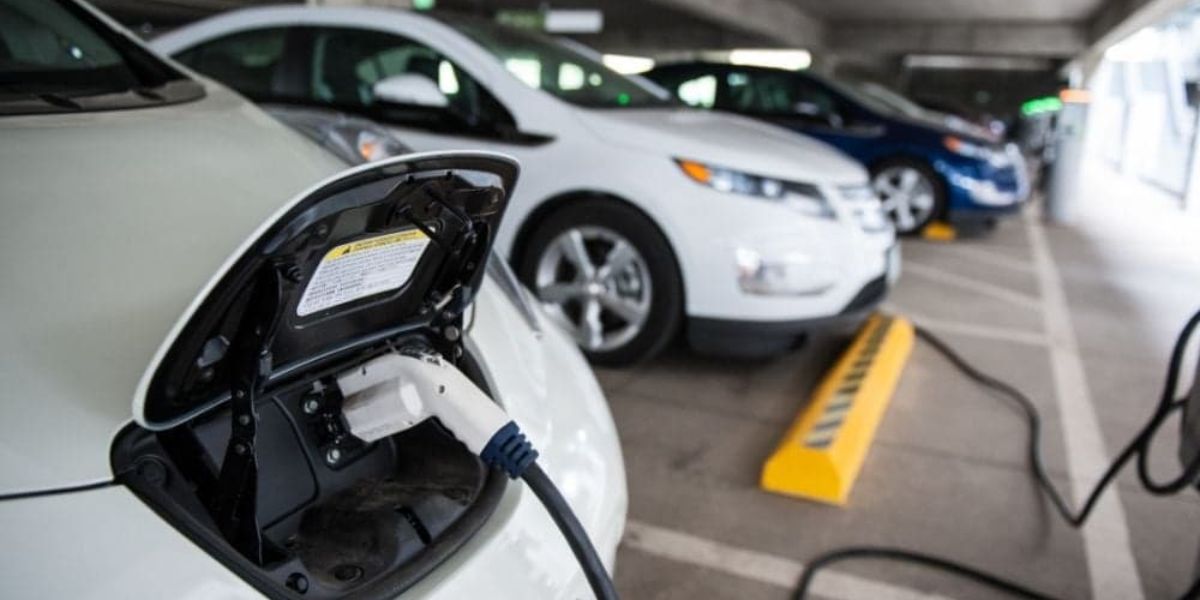Colorado plans to reduce certain electric vehicle incentives in 2025 while maintaining its commitment to achieving a fully electric vehicle future.
Beginning January 1, the tax credit for electric vehicles in Colorado will decrease from $5,000 to $3,500. The Colorado EV tax credit is set to gradually decrease over the coming years, with its official conclusion slated for January 1, 2029.
Currently, the credits are included in a larger strategy aimed at speeding up the uptake of various electric vehicles in Colorado.
The state has broadened its focus, now extending incentives not only to smaller or light-duty electric vehicles but also to medium and heavy-duty trucks.
The legislation that broadened the previous credits has also sanctioned a new tax credit of $2,500 for qualifying vehicles priced under $35,000.
Also Read: Chicago Budget Passes Without Property-Tax Hike, Includes $40M Loan after Revision
Coloradans may still benefit from over $10,000 in tax credits for electric vehicle purchases, thanks to federal tax incentive programs, despite the anticipated decrease in 2025.
Governor Jared Polis has praised these initiatives, highlighting their significant impact on increasing electric vehicle sales.

“Coloradans are purchasing electric vehicles at a higher rate than any other state because they are affordable, quiet, and a great ride. EVs are helping us reach our bold climate goals and protect our clean air,” Polis posted on social media. “This new data shows that demand for EVs continues to increase and especially with competitive state and federal rebates, drastically cutting the cost of an EV and saving people money.”
The state envisions that, in the long run, light-duty electric vehicles will account for “nearly 100%” of the market share by 2050.
“The state envisions the large-scale transition of Colorado’s transportation system to zero emission vehicles,” said Colorado’s 2023 Electric Vehicle Plan.
By the year 2030, there will be 940,000 electric vehicles on the roads of Colorado.
“By doing so, Colorado could see significant environmental benefits that include emissions reductions from transportation, the largest source of greenhouse gas emissions (GHG) in the state,” the state argues.
The state claims that achieving this goal has reached an unprecedented level of feasibility, yet it presently boasts only 101,000 registered electric vehicles. Achieving the 2030 target requires the state to add an average of 168,000 electric vehicles annually.
Colorado continues to hold a prominent position among the leading states in the country for electric vehicle sales, with 14.5% of new vehicle registrations being electric.


 by
by 

